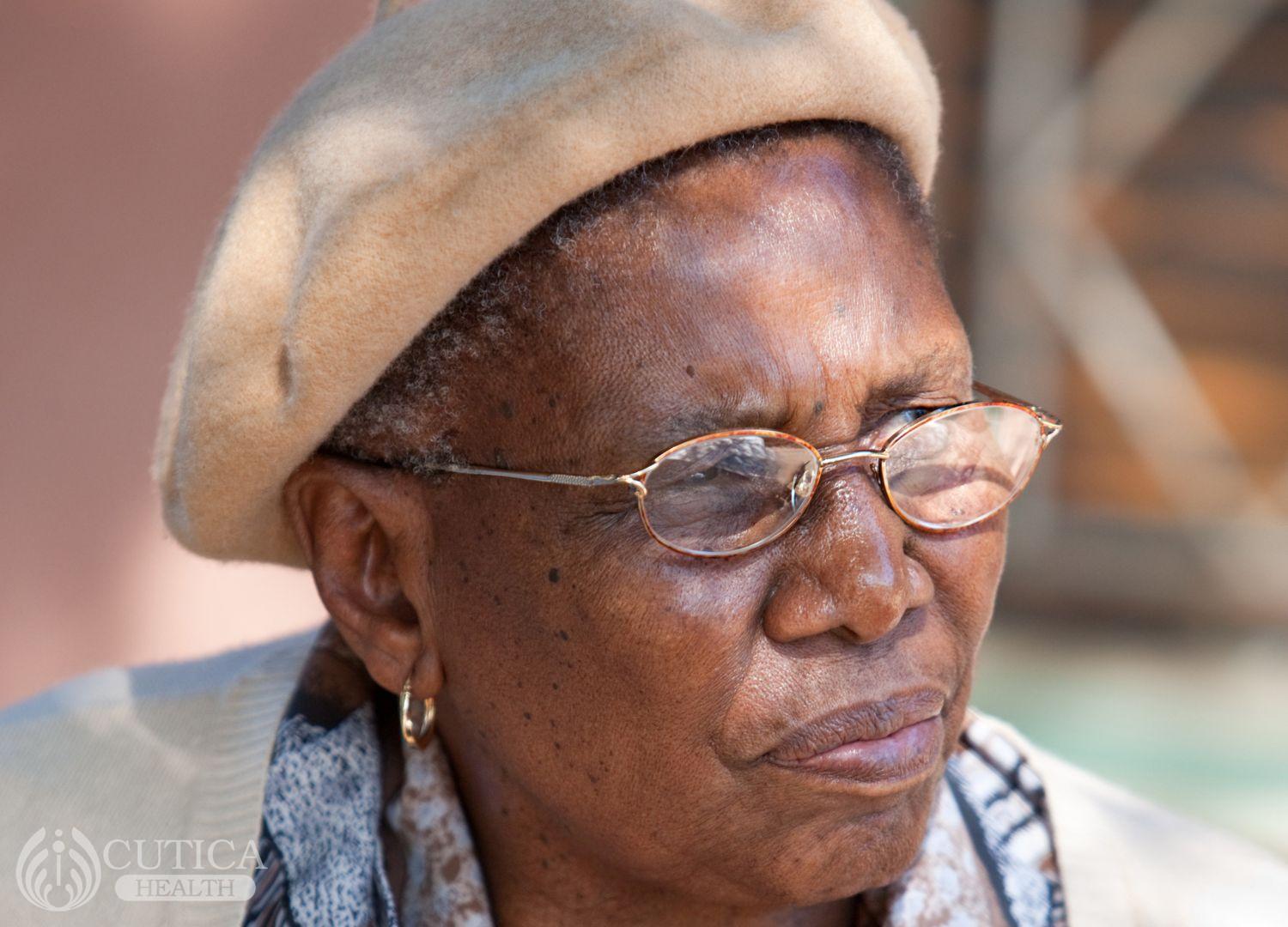Sanusi was getting worried about his health. He has noticed a decline in his weight over the last few months and was worried he was harbouring something sinister. He was also less active when he met his wife and he was beginning to worry about what was wrong with him. He also noticed his mind was no longer sharp as he had trouble recalling his itinerary for the day or week. His doctor had him run tests which ruled out any diseases that might be responsible for this. He was told he was just aging. But what are all these changes happening to him?
Introduction
Aging is a complex and inevitable process that affects every individual. One of the key aspects of aging is the gradual change that occur in the endocrine system, leading to alterations in hormonal levels. Hormones play a crucial role in regulating various processes in the body, and their fluctuations during aging contribute to the age-related health issues. This essay explores the hormonal changes that accompany the aging process and their impact on the well-being of individuals.
Endocrine System and Hormonal Regulation
The endocrine system, consisting of glands that secrete hormones into the bloodstream. Hormones act as chemical messengers, coordinating and regulating numerous functions, including metabolism, growth, reproduction, and immune response. As individuals age, the endocrine system undergoes significant changes, influencing the production and function of hormones.

Changes in Sex Hormones
One of the most prominent hormonal changes during aging is the decline in sex hormones, such as estrogen and testosterone. In women, menopause marks the cessation of ovarian function and a significant decrease in estrogen levels, leading to various symptoms like hot flashes, mood swings, and bone density loss. Similarly, men experience a decline in testosterone production, contributing to symptoms such as decreased muscle mass, fatigue, and changes in libido.
Thyroid Hormones and Metabolism
The thyroid gland, a key player in regulating metabolism, also changes with age. Thyroid hormone production may decrease, leading to a condition known as hypothyroidism. This can result in symptoms like weight gain, fatigue, and cold intolerance. Conversely, some individuals may experience an overactive thyroid, known as hyperthyroidism, which can manifest as weight loss, anxiety, and rapid heartbeat.
Insulin and Glucose Regulation
Insulin, responsible for glucose regulation, can become less effective with age, leading to an increased risk of insulin resistance and type 2 diabetes. Aging is associated with changes in body composition, including an increase in fat mass and a decrease in muscle mass, contributing to altered insulin sensitivity.
Stress Hormones
The part of the brain which regulates the stress response also undergoes modifications during aging. Cortisol, the primary stress hormone, may exhibit dysregulation, impacting the body's ability to respond to stress appropriately. Chronic elevation of cortisol levels is associated with various age-related conditions, including cognitive decline and immune system dysfunction.
Impact on Health and Well-being
The hormonal changes during aging can have profound effects on health and well-being. Beyond the well-known symptoms associated with hormonal decline, these changes contribute to an increased susceptibility to chronic diseases, diminished muscle mass and bone density, cognitive decline, and altered immune function. Addressing these hormonal imbalances is crucial for maintaining the overall health and quality of life in aging individuals.

Conclusion
In conclusion, hormonal changes during aging are a natural and intricate aspect of the aging process. Understanding these changes is essential for developing strategies to promote healthy aging and address age-related health issues.


